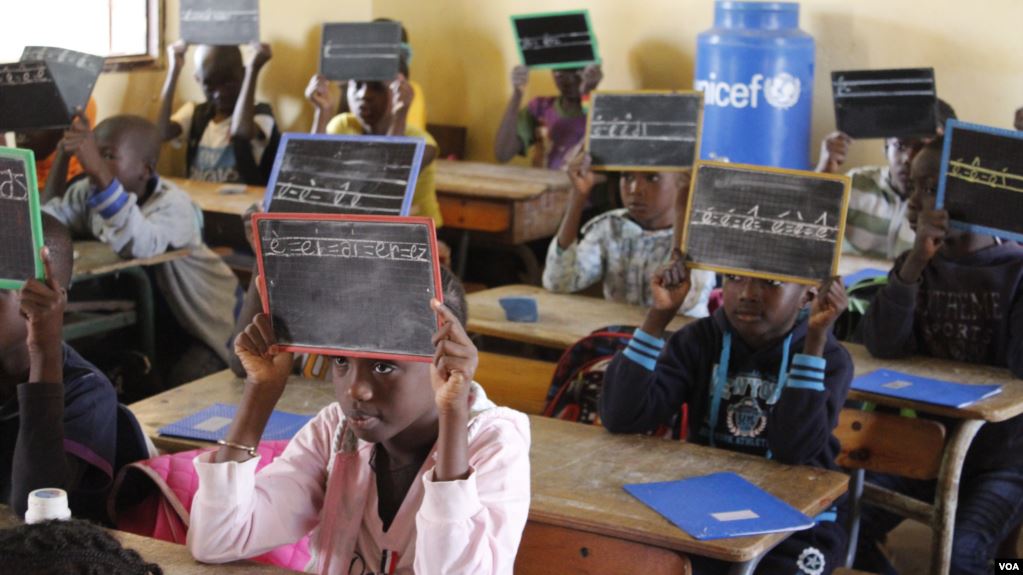What Does Colonialism Have to Do with the French Approach to Multiculturalism?
French Africa colonial rule may have ended 60 years ago, but the effects of neocolonialism are still present and affecting our modern societies. Unbeknown to many, there are 14 African nations ( Benin, Burkina Faso, Ivory Coast, Mali, Niger, Senegal, Togo, Cameroon, Central African Republic, Guinea Bissau, Equatorial Guinea, Chad, Congo-Brazzaville and Gabon) obliged by France, through a colonial pact, to put 85% of their foreign reserve into France central bank.
France maintains significant power over French Africa, which is strategic, of course. It was only 2008 when former French President Jacques Chirac stated:
“Without Africa, France will slide down into the rank of a third world power.”
Jump forward to 2019, and there is a lot of discussion about integration and national identity happening in France still. What is interesting about this is how it intersects with the neocolonial reality. When it comes to multiculturalism, it could be argued that France doesn’t do an excellent job of embracing diversity. The focus is on allowing immigrants the opportunity to adopt a French identity and space in their society if they subscribe to the French way. It is less about giving them a safe home where they can be themselves.
One must only look at the debate that happened last year between the Daily Show host Trevor Noah and the French ambassador to the United States Gerard Araud, to understand the situation. When Noah joked that, “Africa won the world cup,” about the African heritage of a significant number of the French team players, Araud wrote him to complain that by calling them “African,” Noah is “claiming whiteness as the only definition of French.”
In response, Noah encouraged a discussion about the problems of there not being the possibility for hyphenated identity in France. It cuts people’s roots and destroys their pride and sense of community. In an effort to get everyone to subscribe to a single French identity, they lose a part of who they are.
The Vox reporter, Zack Beauchamp, puts it this way, “America developed a national culture centering on liberal tolerance, whereas revolutionary France focused more on building a shared sense of national identity and unified culture." A “unified culture” is exactly the problem because it doesn’t allow for any imports. He says, “They believe that the best way to convince French citizens to accept diversity is to convince French whites that Muslims and people of African descent are every bit as French as they are.” This is part of the reason why multicultural education and exploration seems to not be a big part of the French education system.
I can hardly imagine a French elementary school getting young children excited about a Chinese year celebration in the class or a field trip to a Sikh temple for the sake of education. Perhaps the reason France has chosen this approach has a dark side to it, which is, of course, is its history and neocolonial ventures in Africa.
Second-graders in Alieu Samb primary school hold up chalkboards with French conjugations. Dakar, Senegal, Dec. 7, 2017. Image Credit: Sofia Christensen for VOAFrom those 14 countries, France puts about 500 billion dollars from Africa into its treasury every year for safekeeping. They depend on the control they hold over their ex-colonies, and as keepers of the CFA Franc, they hold tremendous influence over any country that starts to take any action France doesn’t like.
How awkward would it be to celebrate the incoming cultures of many of the places that France is actively trying to suppress, exploit, and benefit from economically? Maybe it is in their best interest to uphold this model if we leave multicultural celebrations out of the public sphere and avoid discussing relationships with the “former” colonies.
Sixty years of strategic manipulation under the guise of foreign affairs is getting old. It’s time for France to find a new way to avoid “sliding down into the rank” of the third world and to rethink the internal relationships between its many diverse communities. As the UK observes Black History Month, it is an interesting time to reflect on why a similar celebration would feel so out of place in France.








